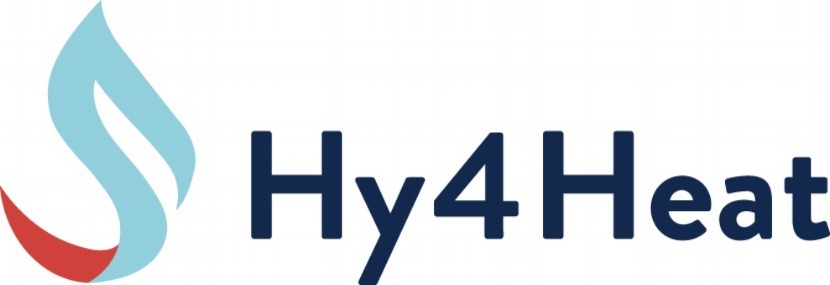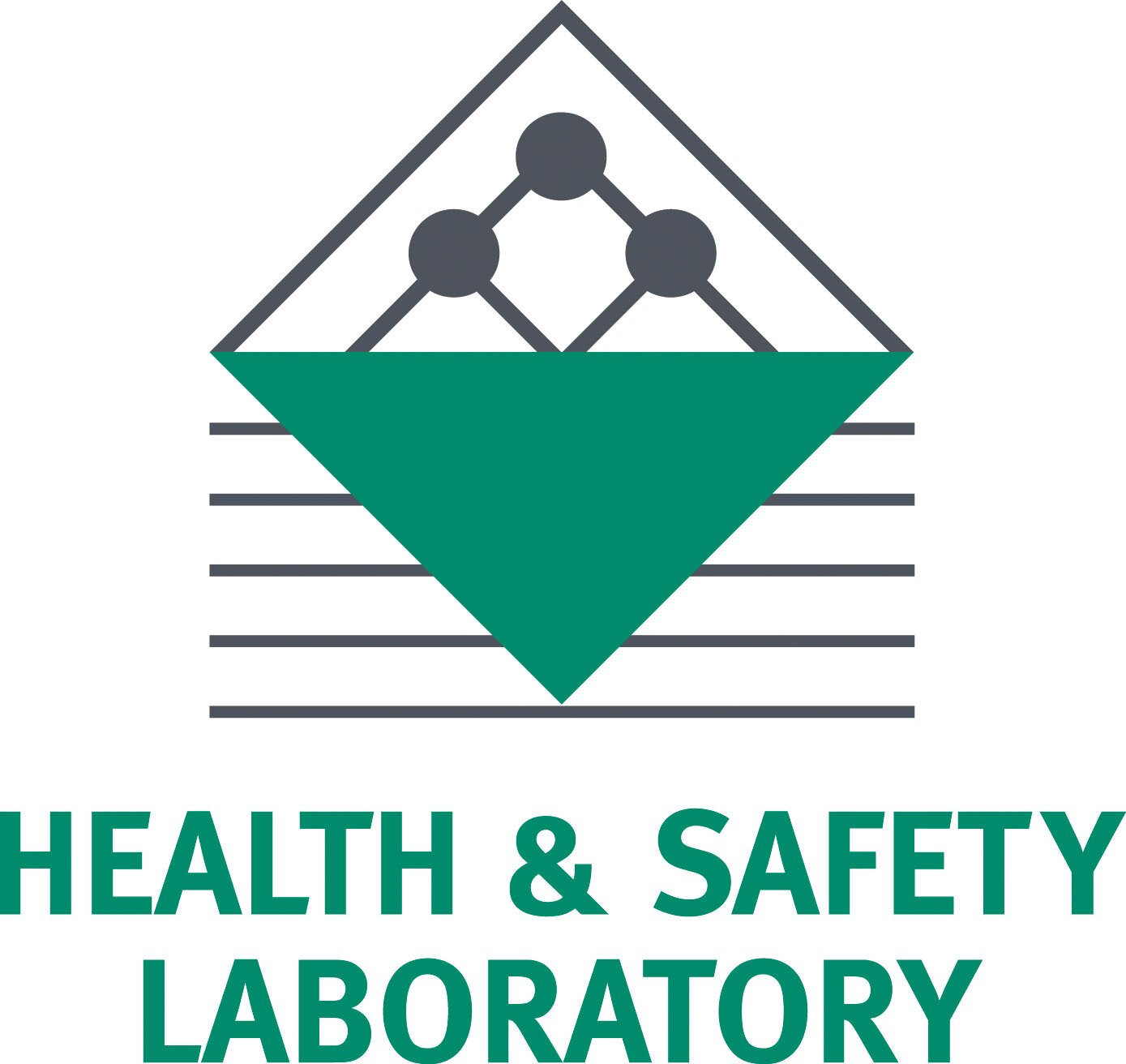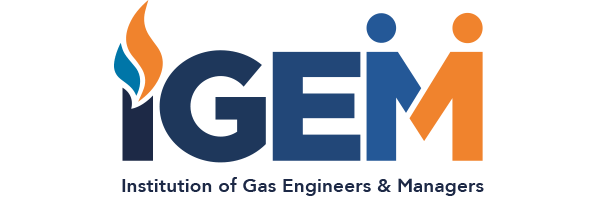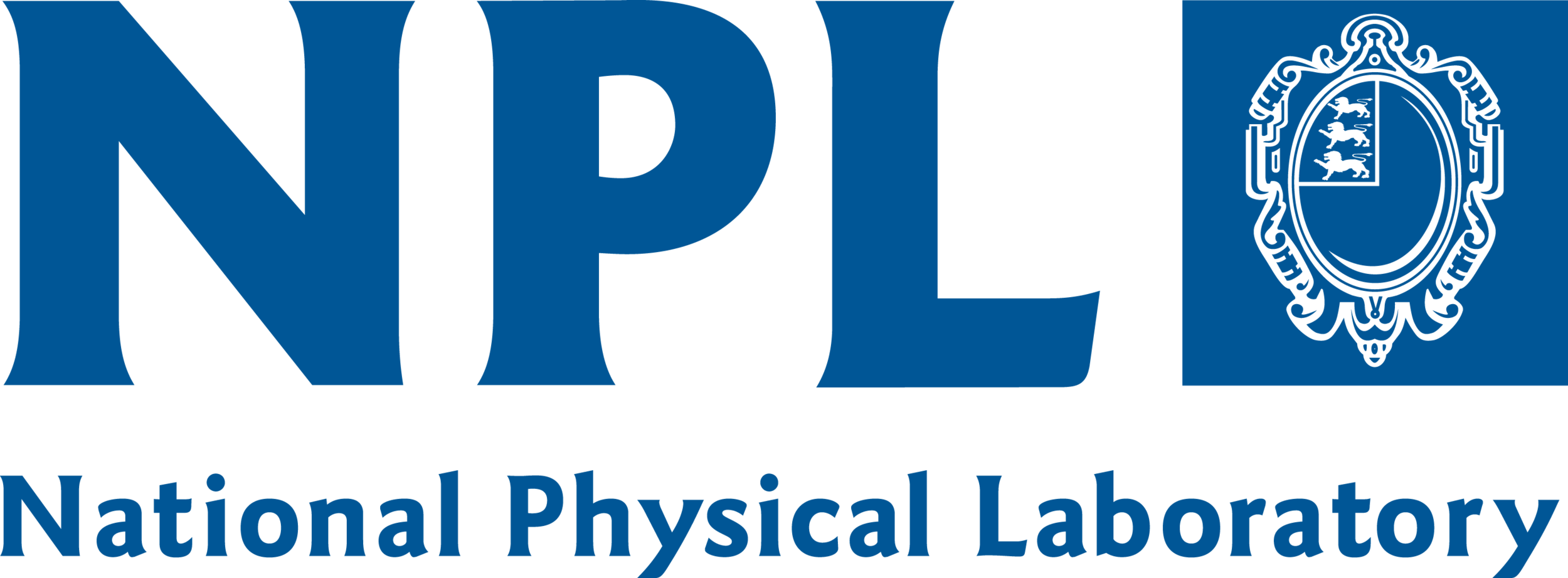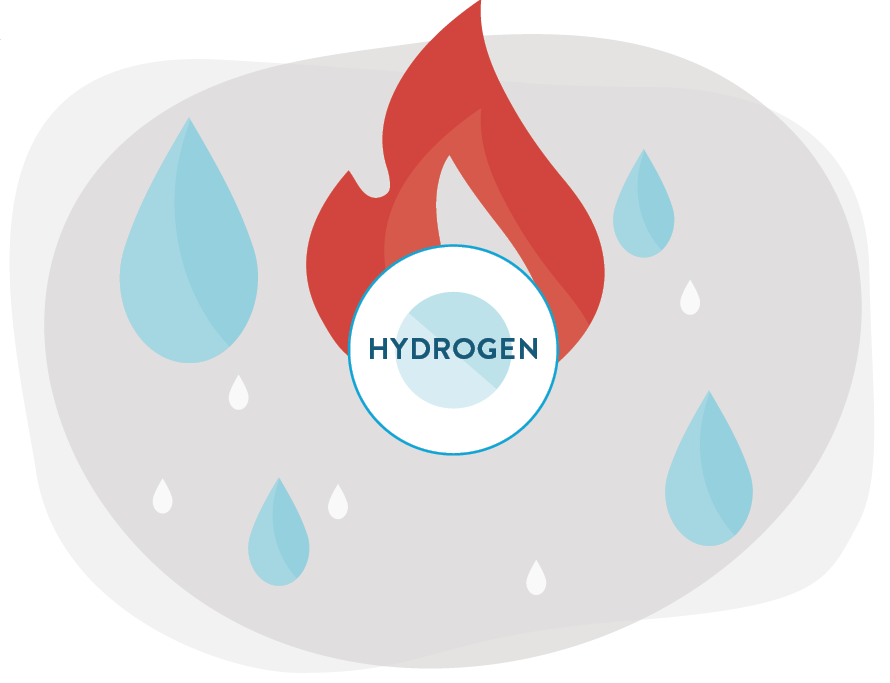Work package 2
Hydrogen quality standards
DNV has assessed the options available for using hydrogen in relation to purity and colourant. In this work DNV was supported by NPL, HSL, Element Energy and Loughborough University
The Hydrogen Purity report makes a recommendation for a minimum hydrogen purity level of 98%, as well as maximum levels for other likely trace components
The Hydrogen Colourant report was a study to determine if there is a requirement for adding a colourant to hydrogen to ensure that safe burning and user acceptance is achieved. The recommendation is that adding colourant to a future hydrogen gas network for use within buildings is not necessary if engineering measures are put in place to enable safe appliance operation
The Hydrogen Odorant report finds that Odorant NB is suitable to use with 100% hydrogen, as it meets the minimum requirements for odorants already used in natural gas
IGEM (Institution of Gas Engineers & Managers) has reviewed the relevant standards for hydrogen
Energy & Utility Skills has developed a competency framework for the training, accreditation, and registration of gas engineers working with hydrogen
26 JULY 2021, HYDROGEN ENGINEERS TRAINING FRAMEWORK PUBLISHED
Hydrogen Competency Framework by Energy and Utility Skills has been published. The report is designed to ensure installation and maintenance of hydrogen appliances will be completed safely, to the highest standards, and be carried out by hydrogen competent, Gas Safe Registered engineers.
10 May 2021, Hydrogen Colourant report published
The Hydrogen Colourant report was a study to determine if there is a requirement for adding a colourant to hydrogen to ensure that safe burning and user acceptance is achieved and to investigate the optimum solution if a colourant is required. The recommendation is that adding colourant to a future hydrogen gas network for use within buildings is not necessary if engineering measures are put in place to enable safe appliance operation.
14 August 2020, Hydrogen Odorant Report published
This study focused on identifying a suitable odorant for use with 100% hydrogen as fuel for domestic hydrogen boilers and cookers. The research involved a review of existing odorants used primarily for natural gas - including Odorant NB - and a number of other odorants based on available literature. The results confirm that Odorant NB would be a suitable one, as it meets the minimum requirements for odorants already used in natural gas.
11 MAY 2020, COMPETENCY FRAMEWORK FOR HYDROGEN
Energy & Utility Skills has been appointed to develop a Competency Framework for the training, accreditation, and registration of gas engineers working with hydrogen. The framework will enable people working with hydrogen gas appliances to acquire the required knowledge and skills to operate in a competent and safe way.
May 2020 IGEM Reviews Hydrogen Standards
This standard has been created for the specific purposes of the Hy4Heat programme. The standard was commissioned in 2018 and this version was considered and approved by the relevant IGEM committees in May 2020
27 February 2020, Hydrogen purity report published
The report, published today, makes a recommendation for a minimum hydrogen purity standard to be used by manufacturers developing prototype hydrogen appliances and during their subsequent demonstration, as part of the Hy4Heat programme. It makes a recommendation for a hydrogen purity level with the aim that it is reasonable and practicable and considers implications related to hydrogen production, the gas network and cost.
The report covers the purity of hydrogen that is made available for the end user, including the concentration of other gases and the inclusion of odorants and colourants. It recommends a hydrogen purity level of 98%, as well as maximum levels for other likely trace components.
The report will help to close one of the critical evidence gaps identified in work for the Hy4Heat programme, being coordinated by the Institution of Gas Engineers and Managers (IGEM), to develop a hydrogen standard.
24 July 2019, Hydrogen Purity Standard Presentation
DNV GL and Element Energy presented the study on the hydrogen purity standard. The purity standard report presentation event was hosted by IGEM at its headquarters on 24 July.
21 May 2019, Standards, Purity & Colourant
DNV GL presented its work on purity and colourant at the WP4 (hydrogen appliance development) phase 2 kick-off event.
20 october 2018, dnv gl contract award notice published
DNV GL has been appointed to conduct studies into the purity and colourant of hydrogen gas to inform the development of a range of hydrogen appliances and testing/certification capability as an integral part of the Hy4Heat programme.
8 October 2018, IGEM appointed to develop new hydrogen standards
The Institution of Gas Engineers & Managers (IGEM) has been appointed to develop hydrogen standards for the Hy4Heat programme. IGEM will be reviewing all relevant existing standards and bringing together a group of technical specialists to identify knowledge gaps, both in the UK and internationally.
15 June 2018, Hydrogen quality standards (WP2) ITT published
BEIS intends to appoint a contractor to conduct studies into the purity and colorant of hydrogen gas to inform the development of a range of hydrogen appliances and testing /certification capability as an integral part of the Hy4Heat programme, to de-risk the use of hydrogen for heat in UK homes and businesses.
12 March 2018, Prior information notice (PIN) published for the definition of hydrogen quality standard (WP2)
BEIS intends to appoint a contractor(s) to deliver an agreed hydrogen gas quality standard to inform the development of a range of hydrogen appliances and testing. Certification capability as an integral part of the Hy4Heat programme, to de-risk the use of hydrogen for heat in UK homes and businesses.
